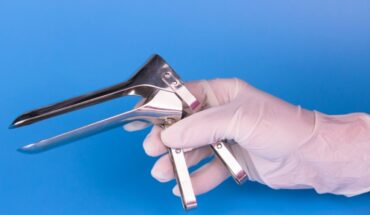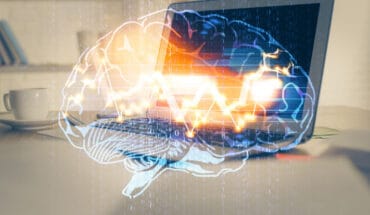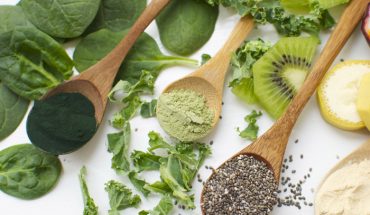Why do we grow old? Pick your theory for the causes of senescence, including damage to DNA over multiple replications of human cells; oxidative stress, where we literally rust away; ‘inflamaging’ when silent inflammation gradually damages the body at a cellular level and the idea that mitochondria – the power houses of the cells – become less efficient.
In my opinion as an anti-ageing physician, all of these things play a part but changing hormone levels play a major role in the ageing process. DHEA (dihydroepiandrosterone) is the most produced hormone in the body and it functions as a precursor to both male and female sex hormones, including testosterone and oestrogen. We know that levels of this vital hormone peak in the 20s and start to drop off when an adult reaches their 30s. Some studies have shown that DHEA supplementation does have positive anti-ageing effects although there is not enough to prove this without a doubt.
As women start to approach the menopause, their levels of progesterone, which helps to regulate thyroid function and metabolism, start to fall, followed by a drop in oestrogen and testosterone. Women produce about 10 per cent of the testosterone produced by males but it plays an important function in maintaining a healthy libido and maintaining muscle tone.
Women who suffer from premature ageing or uncomfortable symptoms of the menopause can rebalance their hormone levels using a bioidentical form of HRT derived from plant sources. In my practice, I tailor make prescriptions for individuals based on blood tests taken at the beginning of a consultation and regularly throughout treatment. I always include bioidentical progesterone with oestrogen (never oestrogen on its own as this would lead to further hormonal imbalances) and testosterone, something which is not included in conventional HRT. I find it surprising that some HRT is oestrogen or progesterone only.
Pharmaceutical HRT combining oestrogen and synthetic progesterone (progestins) has been linked to a higher risk of breast cancer, but I believe this is due to the fact that these preparations use synthetic versions of the hormones which are subtly different at a molecular level from the real thing. This subtle difference is simply to allow the drug to be patented so the drug companies can make a greater profit. Bioidentical hormones are molecularly identical to the hormones found in the human body. There has been a study comparing bioidentical hormone therapy with synthetic HRT which show there is no extra risk of breast cancer or Deep Vein Thrombosis for those women who take combined natural micronised oestrogen and progesterone.1
- Holtorf, K: Postgraduate Medicine, Volume 121, Issue 1, January 2009.
- Strengthening resilience to viral threats: Covid-19 - 6th April 2020
- Can Thermal Imaging Detect Breast Cancer? - 18th November 2019
- The critical role of phyto-nutrients - 12th April 2018






